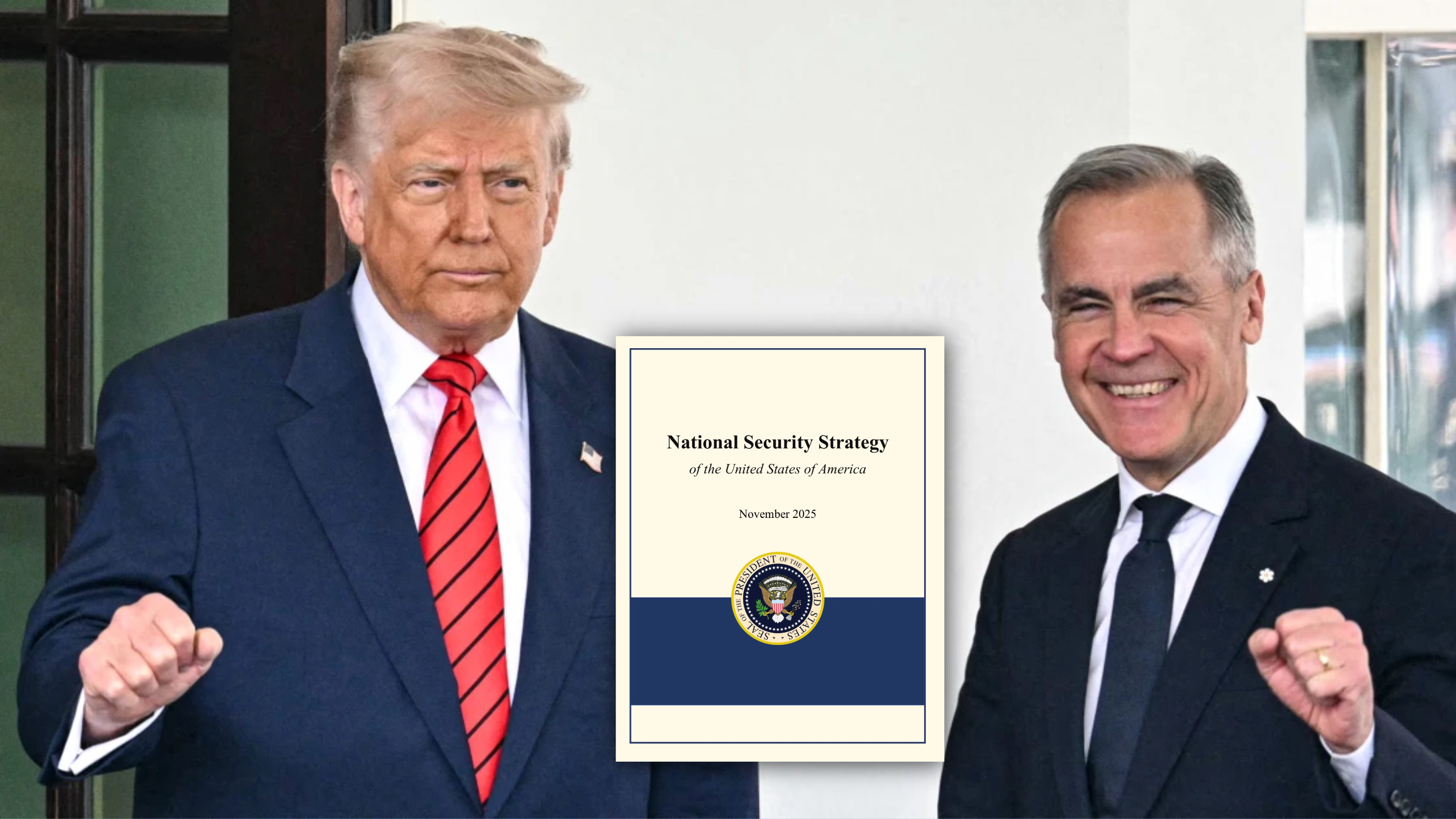Trade and National Security Tensions Between the United States and Canada: What’s at Stake?


%4010x.png)
Digital Marketing & Communications Specialist
Samuel Associates Inc.
The longstanding relationship between Canada and the United States has been one of mutual benefit and shared interests. However, as President-elect Trump signals his intention to rethink bilateral relations, citing Canada’s should no longer rely on America’s previous behaviours and longstanding policies as a signal for future relations. Concerns are now growing about what this shift could mean for the future of trade and national security between these two close allies.
While Canada and the U.S. have weathered disagreements before, this new approach introduces uncertainty that could have profound implications for both nations. Below, I outline three reasons why Canada should be worried and three ways this shift could also negatively impact the United States.
Three Reasons Canada Should Be Worried:
Economic Dependence on U.S. Trade
Nearly 75% of Canadian exports go to the United States, making the U.S. Canada’s largest trading partner. Any disruption to this economic flow—whether through new tariffs, stricter customs enforcement, or renegotiated trade agreements—could hit Canadian businesses hard, particularly in critical sectors like automotive, energy, and agriculture.
Defence Cooperation at Risk
Canada and the U.S. are longstanding defence partners through agreements like NORAD and NATO. A deterioration in relations could disrupt joint defence initiatives, leaving Canada more vulnerable to external threats. The integration of defence operations also means any fractures could complicate responses to emerging threats like cybersecurity risks or Arctic sovereignty.
Damage to Public and Diplomatic Relations
Canada prides itself on its international reputation for diplomacy and co-operation. A strained relationship with the U.S., especially under high-profile disputes, could erode Canada’s ability to influence global affairs and diminish its standing as a reliable partner on issues like climate change, trade, and global security.
Three Reasons How This Showdown Could Affect the United States:
Underestimating the Economic Blowback on U.S. Industries
The U.S. relies on Canada as its largest trading partner, with nearly $700 billion in bilateral trade annually. Disruptions in trade flows would hurt American industries that depend on Canadian imports and exports, from food production, agriculture, energy, raw materials to manufacturing, and could exacerbate inflationary pressures already facing U.S. consumers.
Weakened Defence Collaboration
Canada plays a critical role in the U.S.’s northern defence strategy, particularly through its longstanding contributions to NORAD. If relations cool, the U.S. could face diminished co-operation in key areas like Arctic security and joint military operations, even critical defence industrial base production components and technologies necessary for America’s military industries, thus weakening its strategic position in an increasingly contested region like the North and elsewhere in the world.
Geopolitical Instability in a Multipolar World
A fractured U.S.-Canada relationship could embolden rival powers, such as China and Russia, to exploit divisions between the two allies. This would undermine North American solidarity on critical global issues, leaving both nations less equipped to address economic and security challenges in an increasingly multipolar world.
Charting a Path Forward
Despite these challenges, there remains an opportunity for Canada and the U.S. to strengthen their relationship by addressing these concerns constructively. Canada should engage in proactive diplomacy, making the case for its role as a steadfast ally while seeking assurances that trade and security policies under the Trump administration are mutually beneficial. Canada should be mobilizing and leveraging all its resources in soft power diplomacy, asking key associations representing Canada’s top industries and defence industrial base companies in a multi-front lobbying and advocacy effort in Washington, D.C., elsewhere in the United States and at key global institutions where both countries have a seat at the table.
Similarly, the U.S. should recognize the risks of alienating a very close ally and ensure that any renegotiation of relations on trade and defence matters is done in a way that strengthens, rather than undermines, shared economic and national security goals.
The U.S.-Canada relationship has been a cornerstone of North American stability and predictability for over a century. While this period of uncertainty may test that bond, both nations must rise to the occasion to preserve a critical partnership that remains essential in an increasingly complex and multipolar world
%4010x.png)
%4010x.png)




